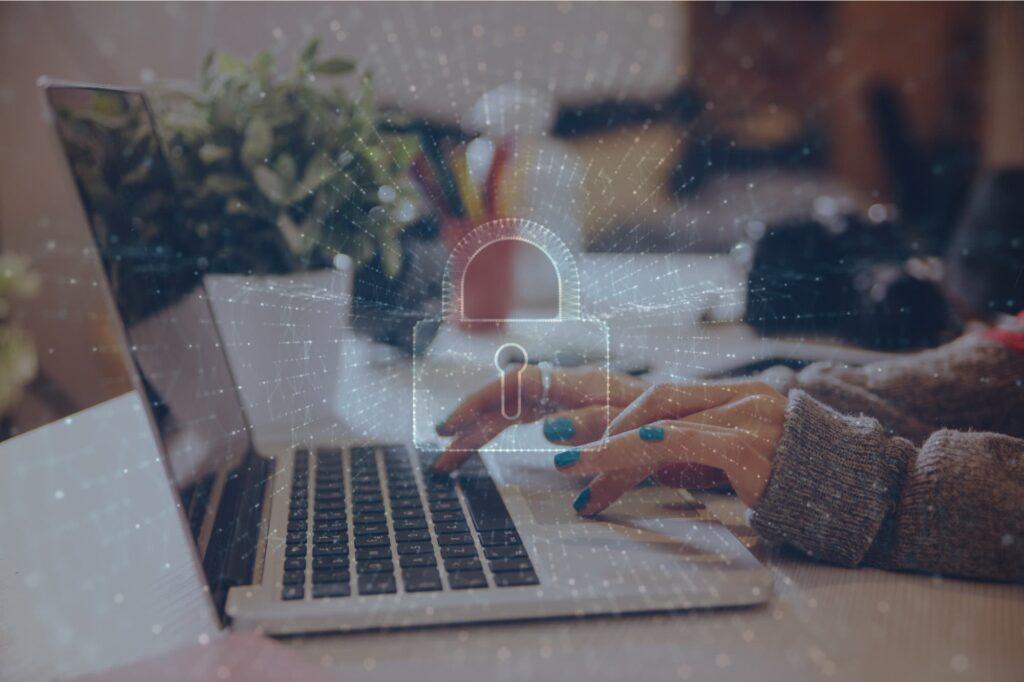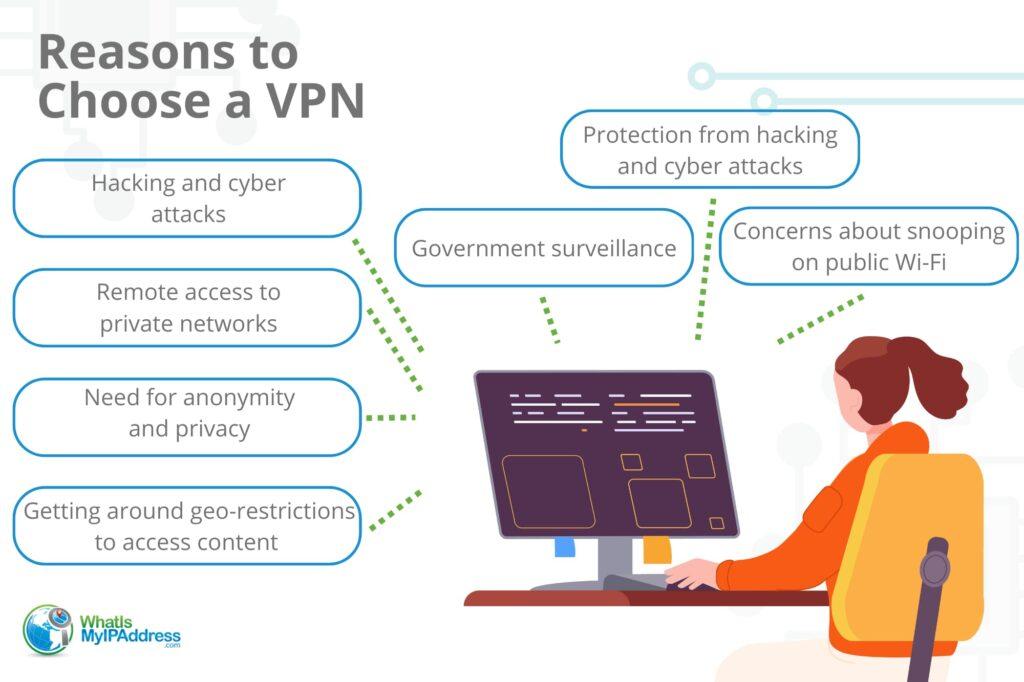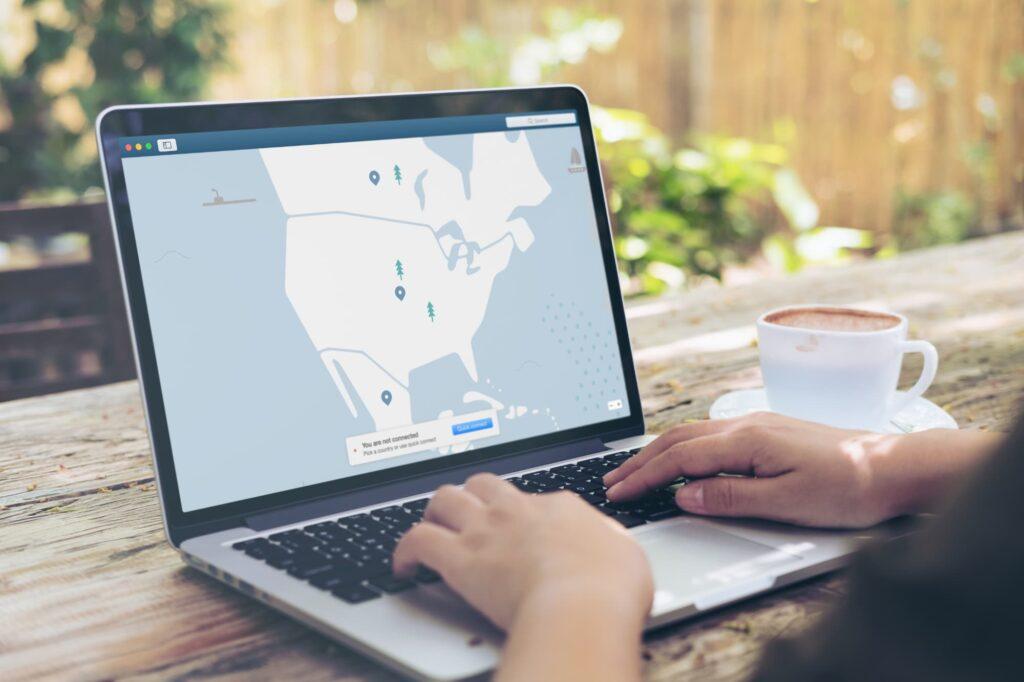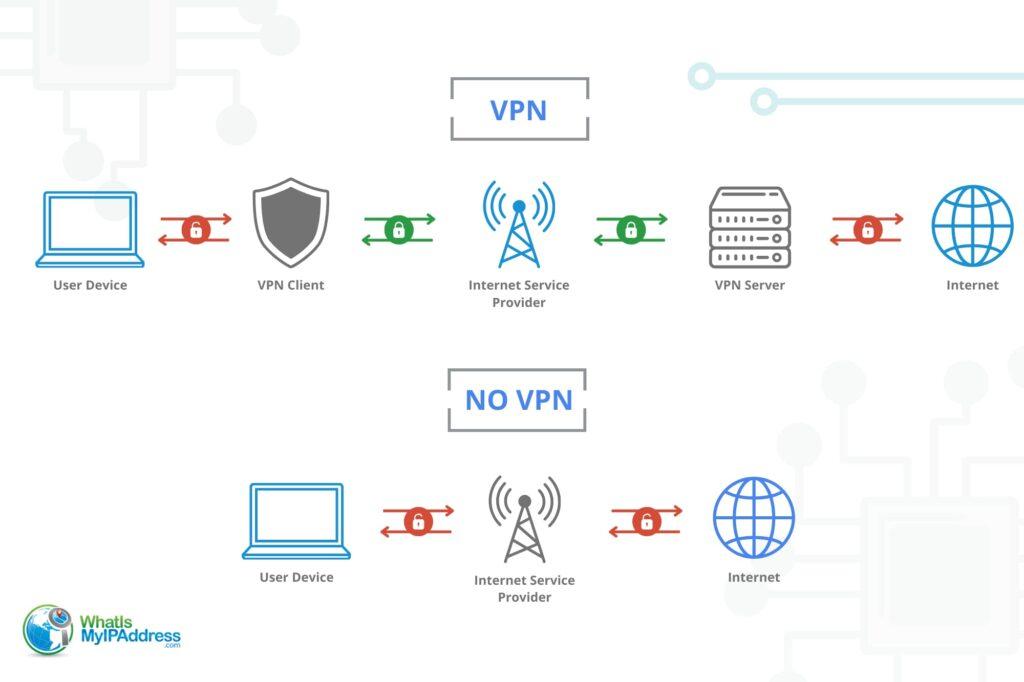What Does a VPN Hide, and Can it Hide You Completely?

There are plenty of reasons why someone may want to use a virtual private network (VPN).
Let’s say you want to increase your online privacy and anonymity by encrypting your internet traffic and hiding your real IP address. Or, perhaps you want to bypass geographic restrictions so that you can access websites, streaming content, or online services that are blocked in your location. You may be concerned about the security on public Wi-Fi networks, or you may need to remotely access a security network or server for work.
These are all great reasons to want to use a VPN. But if you’re new to VPNs, you may be left wondering just how much it hides from prying eyes.
A VPN can provide a cloak of encryption or anonymity for enhanced privacy and security, but it’s not always enough to provide complete security online. It is important to know exactly what kinds of protections a VPN provides – and what you still need to be careful about!
What is a VPN, anyway?
A virtual private network (VPN) protects your data and identity over public networks, like the Internet and wireless hotspots. Various protocols are used to create an encrypted tunnel that transports data securely. While a firewall may protect the data on your computer, a VPN will protect your data on the Internet.
The goal of a VPN is to implement the same level of security provided by private networks at substantially lower costs.

Reasons to choose a VPN
Most VPNs are used to add security. As security threats evolve quickly, the security pitfalls of modern conveniences are often ignored.
Common reasons for choosing a VPN include:
- Concerns about snooping on public Wi-Fi
- Government surveillance, especially in countries where governments monitor citizens’ online activities
- Protection from hacking and cyber attacks
- Hacking and cyber attacks
- Getting around geo-restrictions to access content
- Need for anonymity and privacy
- Remote access to private networks
How does a VPN protect you when you’re online?
First of all, a VPN encrypts all internet traffic, preventing others on the network from intercepting sensitive data like login credentials, financial information, or emails.
When data is encrypted, it prevents hackers from intercepting and stealing that information.
Other things you need to know about VPN protections:
- A VPN masks your IP address and location, making it harder for governments and businesses to track your internet usage.
- VPNs allow users to bypass internet censorship and access geo-blocked websites, apps or streaming content by making it appear the connection is from a different location.
- A VPN hides your real IP address and encrypts online activities, preventing your internet service provider, advertisers, or others from tracking your browsing behavior and location.
- Remote access to networks VPNs provide a secure encrypted tunnel for remote employees or travelers to access corporate networks and resources as if directly connected.

What does a VPN not hide?
Although they are a useful tool, VPNs can’t hide everything from everyone.
They can’t hide your account activity from any service provider you are logged into. This includes search engines and social media platforms. If you are logged in, then the platform is collecting information about your search history, posts, and interactions.
A VPN also can’t promise full digital anonymity. As of today, there are no security measures that can fully hide you from everyone online. Because the internet is composed of interconnected devices, users have to accept that there are security risks to being online that can be fixed with a VPN.
A VPN also can’t:
- Fully protect your device from malware, viruses, and other online threats
- Prevent you from falling for phishing scams in which you unwittingly give your personal information to a security threat
- Deactivate cookies that are already on your device
VPN Protocols
PPTP was one of the earliest VPN protocols, but it is now considered insecure and obsolete. While it uses TCP port 1723 and encapsulates Point-to-Point Protocol (PPP) packets, its encryption methods have been compromised. PPTP was once widely supported natively across operating systems and mobile platforms, but this native support has been progressively removed due to PPTP’s vulnerabilities. More secure protocols like OpenVPN, IKEv2, WireGuard, and L2TP/IPsec are now recommended over the outdated and insecure PPTP.
IPsec is a protocol suite for securing Internet communications that can be used with both IPv4 and IPv6. It is often used in combination with L2TP tunneling for VPN connections, which is why you’ll sometimes see it referred to as L2TP/IPsec.
While IPsec is supported natively on some platforms, other systems may require third-party VPN client software. There are open-source IPsec implementations available, though some commercial offerings may involve licensing costs
SSL/TLS is the most common encryption protocol on the Internet. Many SSL-based VPN plans use the OpenVPN client. This free, multi-platform client and the vibrant community that supports it have helped SSL VPNs rise to prominence.
SSTP (Secure Socket Tunneling Protocol) was developed by Microsoft and has been around since the late 2000s. It works by encapsulating and tunneling Point-to-Point Protocol (PPP) or Layer 2 Tunneling Protocol (L2TP) traffic through a secure Transport Layer Security (TLS 1.2/1.3) channel.
One advantage of SSTP is that it uses the common HTTPS port 443, which can help circumvent firewalls or censorship that might block known VPN ports. While SSTP is supported on modern Windows versions, it is a proprietary Microsoft protocol with limited native support on other operating systems like macOS, Linux, and mobile platforms, where open-source protocols like OpenVPN tend to be more widely adopted.
How to choose a VPN
If you’re not sure where to start, check out our article about how to choose the best VPN for your needs. In addition to going into more detail about VPNs, the article also offers a mini-review of several of the most popular VPN providers on the market today.

VPN FAQ
Does a VPN hide your IP address?
Yes, a VPN hides your real IP address by routing your internet traffic through an encrypted server and assigning you a different IP address from the VPN provider.
Does a VPN hide your location?
Yes, a VPN can help conceal your actual geographic location by making it appear that your internet connection is coming from the location of the VPN server you’re using, rather than your real location. Some VPNs automatically assign a new location to your IP address, but others allow you to choose what location you want to appear to be using.
Does a VPN hide your search history from WiFi?
A VPN encrypts your internet traffic, preventing others on the same WiFi network from seeing your online activities, including your search history. However, if you are logged into a search engine, your searches are still stored.
Does a VPN block IP addresses?
No, VPNs do not actively block IP addresses themselves. However, by hiding your real IP address, A VPN can prevent others from blocking or tracking your specific IP.
Does a VPN change your IP?
Yes, that’s exactly what VPNs are designed to do. When connecting to a VPN service, it will change your IP address to one provided by the VPN server you’re using, masking your real IP address.
Does a VPN hide the websites you visit?
A VPN encrypts the data you send and receive, hiding the specific websites you visit from your internet service provider (ISP) and others on your network. However, the VPN provider itself can see your web traffic. Always assume that there is stored history related to what you search online.
Does a VPN hide your activities from your ISP?
Yes. In fact, one of the main purposes of a VPN is to hide your online activities from your internet service provider (ISP) by encrypting your internet traffic.
What does a VPN not hide?
A VPN does not hide your online activities from the websites or services you’re logged into, your entire digital identity, your social media activities, search history from search engines, cookies stored on your device, or provide complete protection against malware/viruses.
Does a VPN hide your IMEI number?
No, a VPN does not hide your device’s IMEI (International Mobile Equipment Identity) number, as this is a unique identifier tied to the physical mobile device itself rather than your internet connection.
Are VPNs really private?
VPNs can significantly enhance your online privacy, but they do not provide complete anonymity. Look for a reputable VPN provider with a strict no-logs policy and robust encryption, as these can offer a high degree of privacy. Some user information may still be visible to the VPN service itself.
Options for Paid VPN Service Providers
Related Articles
- All
- Easy Prey Podcast
- General Topics
- Home Computing
- IP Addresses
- Networking Basics: Learn How Networks Work
- Online Privacy
- Online Safety
- Uncategorized
Ransomware Attacks: Strategies for Protection and Defense
The world of cyber threats is constantly evolving. Businesses face new and stronger threats every day. Ransomware…
[Read More]Privacy and Surveillance Issues Affect Your Personal Security
Many people these days are worried about their privacy. And from internet ads that feel like they’re…
[Read More]By Using Fake Email Addresses Scammers Are Trying to Fool You
A scammer can spoof an email address, a phone number, or a website by mixing or using...
[Read More]What is a Passkey? It’s a Smart Solution to Password Problems.
The main idea is this: A passkey can replace your password if you want it to. A...
[Read More]How to Identify Fake Crypto Exchanges and Protect Your Digital Assets
Fake crypto exchanges are one of the most common scams in the industry, using deceptive tactics to…
[Read More]Best VPNs at VPNTruRank: An Unbiased and Clear Look.
We may receive commission for purchases made through links in this post. Please read our affiliate disclosure….
[Read More]





